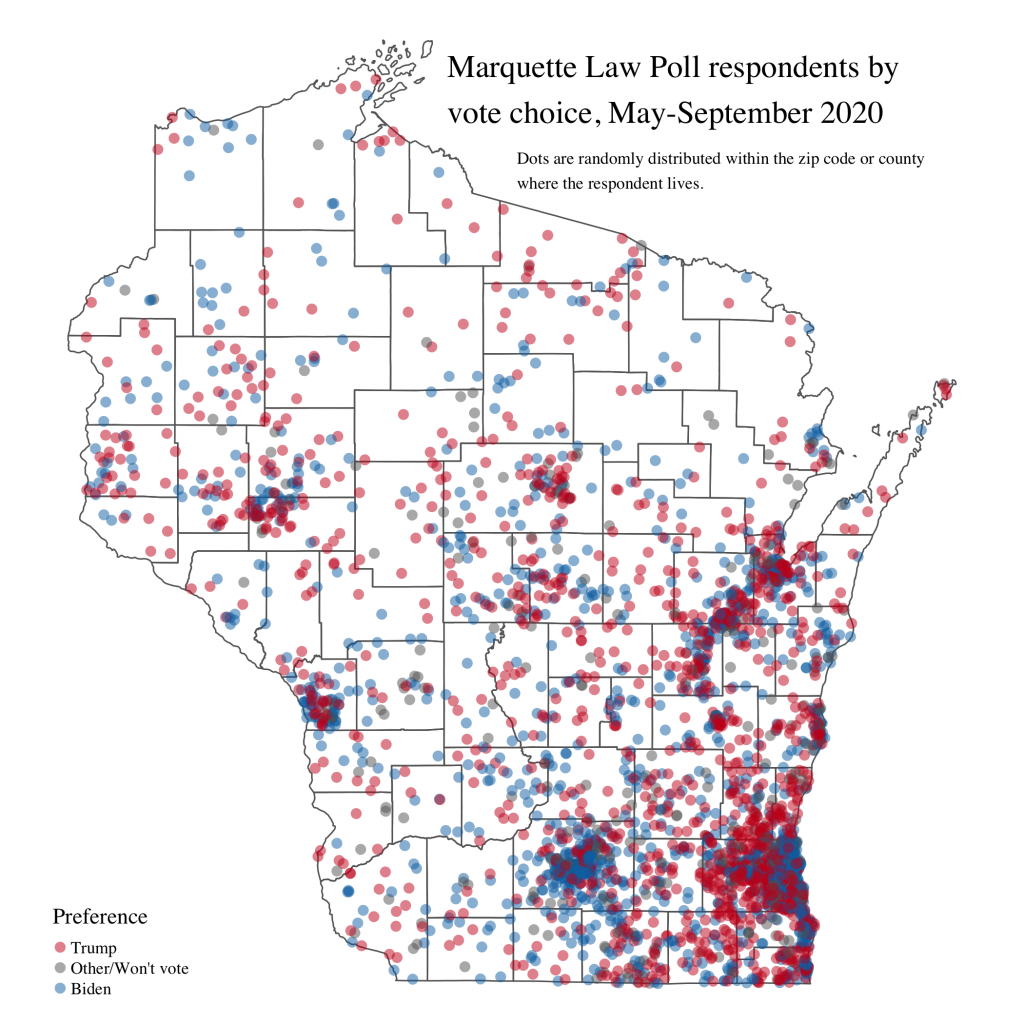Welcome to Our October Guest Blogger
 Our Student Guest Blogger for October is 2L Liz Simonis. Originally from Milwaukee, Liz spent five years working in agriculture around the Midwest before moving back to the Cream City. Her legal interests are primarily in intellectual property and corporate law, but after spending six months in China, she has developed an interest in water law as well, including its ability to influence international relations. Liz has recently been awarded the AWL Foundation Scholarship by the Association for Women Lawyers. Congratulations Liz!
Our Student Guest Blogger for October is 2L Liz Simonis. Originally from Milwaukee, Liz spent five years working in agriculture around the Midwest before moving back to the Cream City. Her legal interests are primarily in intellectual property and corporate law, but after spending six months in China, she has developed an interest in water law as well, including its ability to influence international relations. Liz has recently been awarded the AWL Foundation Scholarship by the Association for Women Lawyers. Congratulations Liz!

